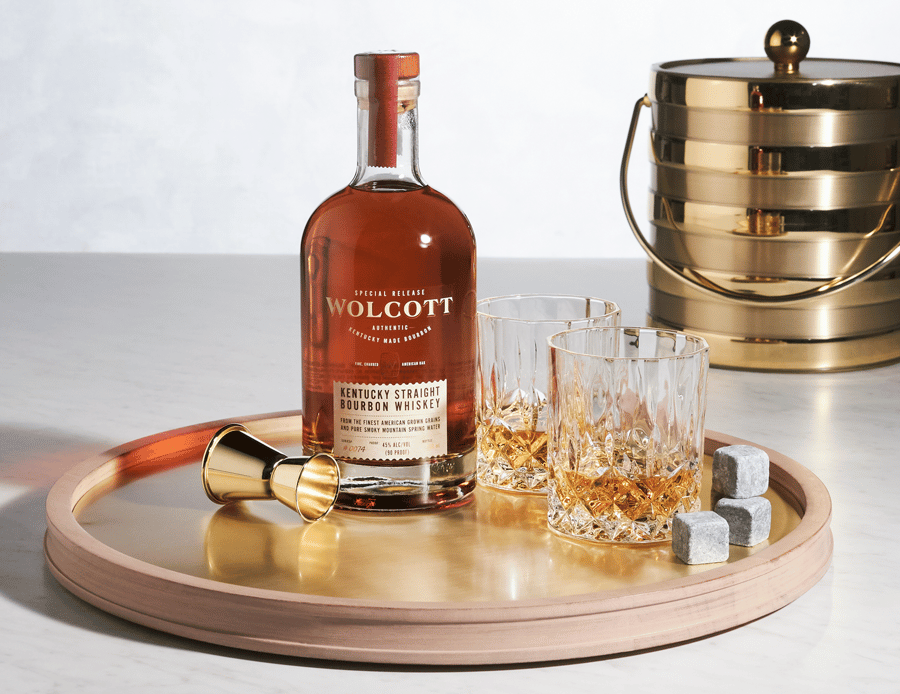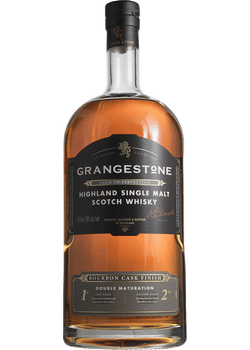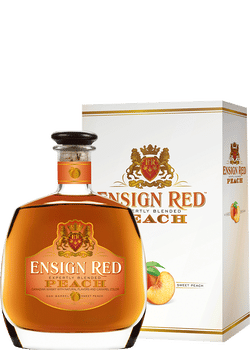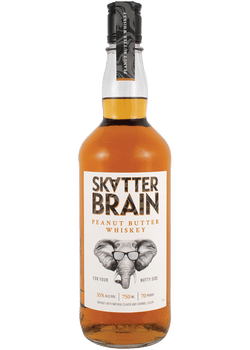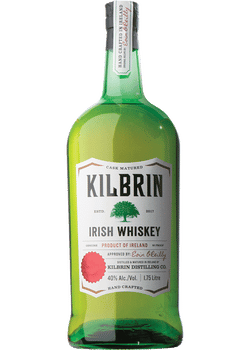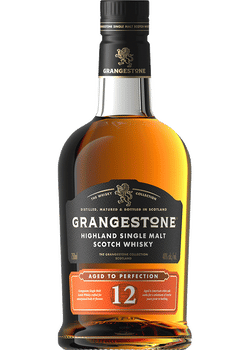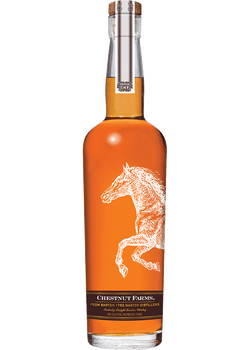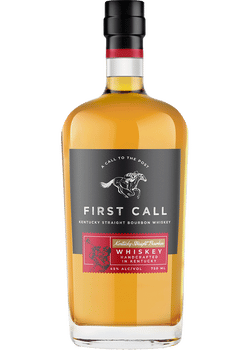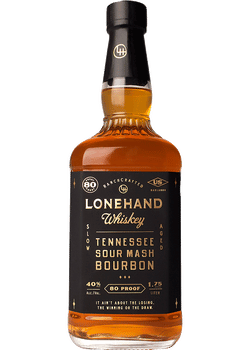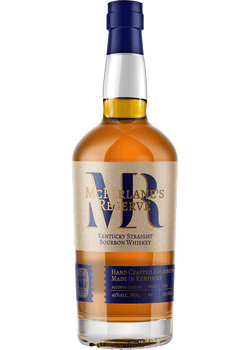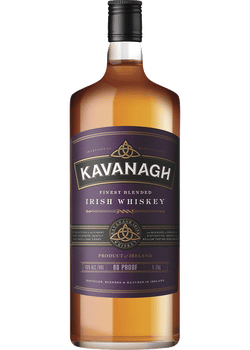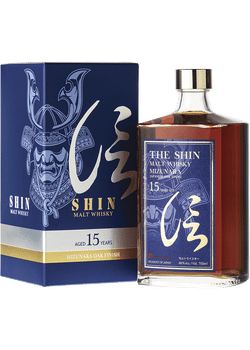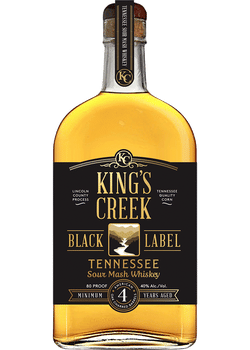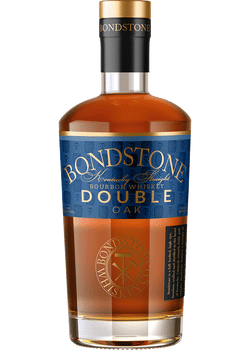Throughout your search for Whiskey, you might see some products spelled “Whisky” and sometimes “Whiskey.” Most people only know that there are two different ways to spell Whiskey, but that’s about as far as it goes. We’re here to answer why there are different spellings and what the differences are.
How do you spell Whisk(e)y?
Long story short, Whiskey is Whisky is Whiskey. Technically, there’s not a wrong way to spell it when choosing between the two options, but it definitely has some stipulations. Depending on where the Whiskey is from, the spelling will change. Here’s a breakdown to help make it easier.
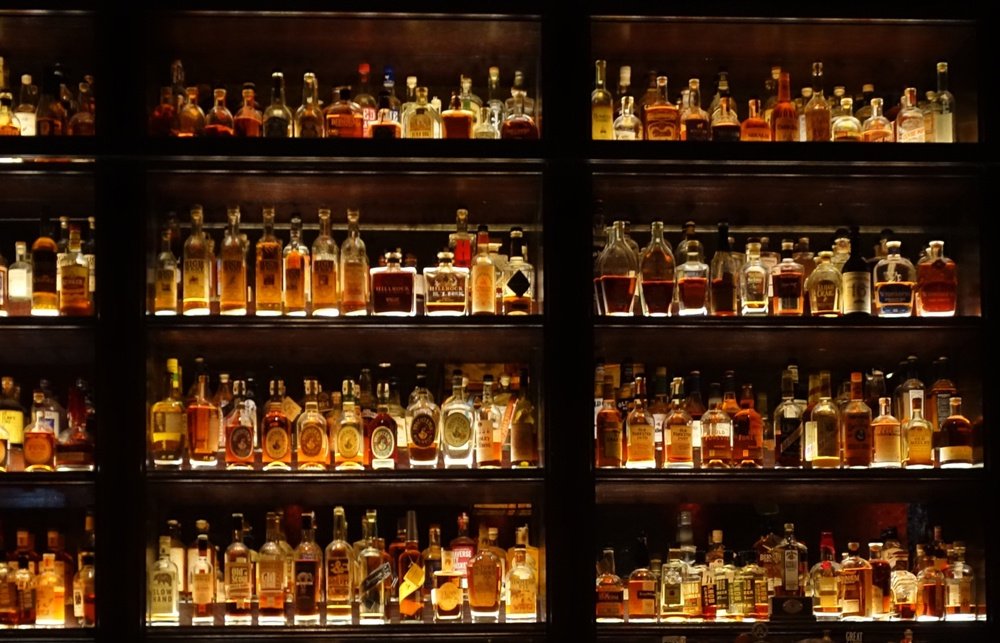
Countries
Whisky (Whiskies)
- Scotland
- Canada
- Japan
- England
- Australia
- Most other countries (outside of Ireland and the U.S.)
Whiskey (Whiskeys)
- Ireland
- United States
But why two spellings?
The history and debate of the spelling goes all the way back to the birth of the spirit: Ireland and the British Isles. Both Scotland and Ireland were the first countries to take production of Whiskey seriously. It was originally called “uisge breatha” aka breath of life, but quickly gained the nickname of Whiskey (thank goodness, right?). Since the two countries have different dialects, that meant using “ey” for the Irish and “y” for the Scottish.
Other countries that were introduced to the spirit typically took on the spelling of the influential country. Initially, the U.S. had both spellings floating around, not really able to choose just one; however, the high influx of Irish immigrants in the 1800s and the creation of American Whiskey in 1840 solidified the “ey” spelling.
Fun fact:
For true Whiskey (and Whisky) lovers, the spelling of their favorite spirit is extremely important, so be very aware as to not cause confusion.
Types of Whiskey
Now that you have some background information, there are different types of Whiskeys to know about...and they all depend on the country (or state) of origin. Check out the Types of Whiskey guide for more in-depth info on these!
American Whiskey
Produced in the United States, American Whiskey consists of the proper mash bill from the grains used (barley, corn, rye, and wheat).
Bourbon Whiskey
Bourbon must be made of 51 percent corn mash to classify as bourbon. Famously, bourbon is produced in Kentucky but can be made anywhere in the United States.
Scotch Whisky
Scotch must be made from malted barley, be aged for no less than three years, and made in Scotland.
Tennessee Whiskey
While like bourbon in terms of grains used (at least 51% corn), Tennessee Whiskey goes through charcoal filtering to mellow the flavor during fermentation and aging.
Irish Whiskey
While varied, a general descriptor of this Whiskey would be light and fruity. Traditionally, Irish Whiskey is triple distilled in a copper pot.
Canadian Whisky
Canadian Whisky must be produced in Canada with grains that include some malt or malt enzymes, be aged three years in small wooden barrels and “possess the aroma, taste and character generally attributed to Canadian whisky,” according to Canada’s whisky regulations. It also must be at least 40 percent alcohol, or 80 proof, at bottling.
Rye Whiskey
By definition, Rye must be at least partially composed of rye mash and distilled to no more than 80 percent alcohol by volume.
Single Malt Scotch
The Single Malt is made completely from malted barley in a single distillery.
Japanese Whisky
This Whisky is smooth, delicate, and often perfumed with honey to add sweetness.
Overall, we typically follow the traditions of the countries where the spirits are produced. When referring to Whiskies and Whiskeys together, we call them Whiskies. Sometimes a spirit producer will bend the rules and use a non-traditional spelling, and we respect the wording on the label when referring to that specific Whisky…or Whiskey. Just remember when choosing a Whiskey: spelling is important, but taste matters more.
